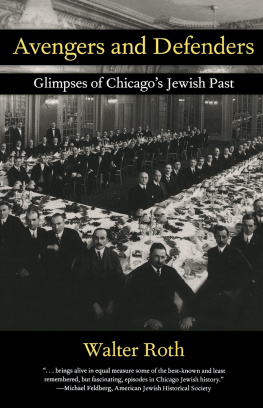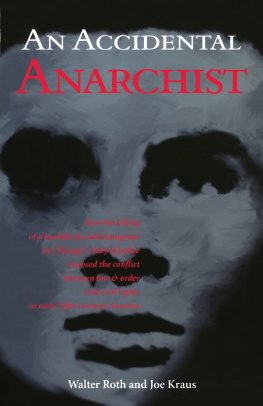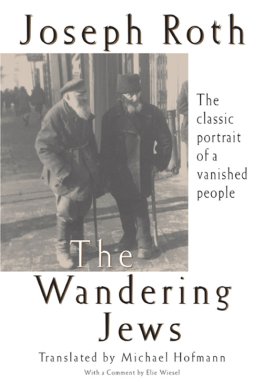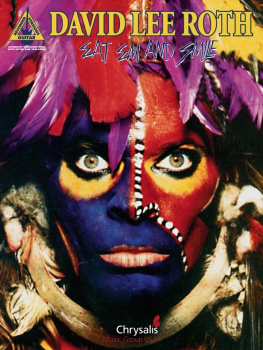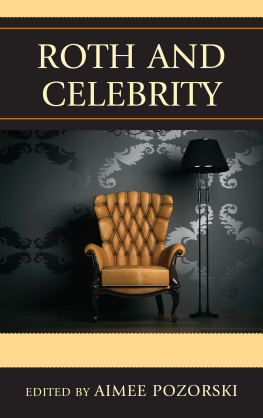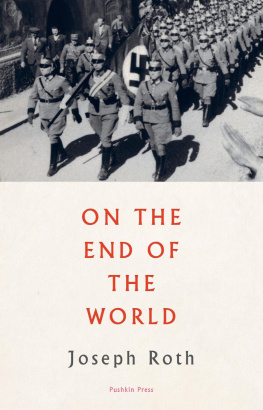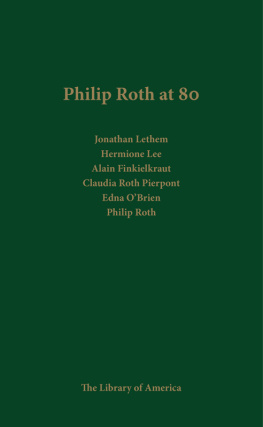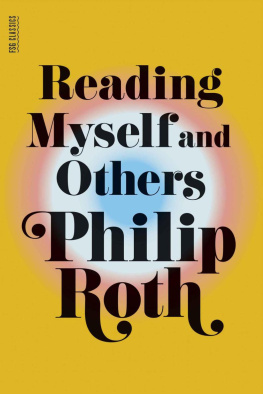
Published in 2008 by
Academy Chicago Publishers
363 West Erie Street
Chicago, Illinois 60654
Published in association with
The Chicago Jewish Historical Society.
2008 by Walter Roth
Printed in the USA
All rights reserved.
No part of this book may be reproduced in any form without the express written permission of the publisher.
Library of Congress Cataloging-in-Publication Data on file with the publisher
ISBN 978-0-89733-573-7
To my wife Chaya,
our children and grandchildren
and
my friends and colleagues of the
Chicago Jewish Historical Society
Contents
Part I
TROUBLE IN THE CITY
Part II
BUSINESS IN THE CITY
Part III
CULTURE IN THE CITY
Part IV
SCIENCE IN THE CITY
Part V
AVENGERS AND DEFENDERS
Part VI
LOVERS OF ZION
Part VII
ADDENDA: AUTHORS MESSAGES TO THE CHICAGO JEWISH HISTORICAL SOCIETY 20032007
Acknowledgments
This book, Avengers and Defenders: Glimpses of Chicagos Jewish Past is a continuation of the anthology of my book, Looking Backward: Stories from Chicagos Jewish Past, published in 2002. Like Looking Backward the stories contained in this book were first written for the quarterly, Chicago Jewish History, published by the Chicago Jewish Historical Society. The present book carries the title of Avengers and Defenders because the stories included in this book deal with people who fought for their rights whether in politics or business often with great success. The first story involves the Haymarket riot that occurred over one hundred twenty five years ago, and while it may not have Jews, it had a lasting impact on the Jewish community. Another story deals with Sholom Schwartzbard who came to Chicago to tell his story of revenge when he assassinated the Crimean Butcher. Then there is the story of Paley who defended Ed Murrow against McCarthys attacks. Martin Kamens story is included because he defended himself against libelous attacks by the Chicago Tribune who accused this Chicago scientist of being a Communist spy. He sued the Tribune and, against all odds, he won.
A number of stories deal with heroics in business ventures, and a number of others include persons of stature who achieved great success in law and academia. These are only a few examples of the brave avengers and defenders included in this volume.
The book concludes with an addendum recording some of the messages I wrote for our quarterly concerning my personal views and experiences that occurred from 2003 to the present.
My work relies heavily on the research sources of the Spertus Library, Newberry Library and Chicago History Museum.
Special thanks go to Bev Chubat, the editor of Chicago Jewish History Quarterly, who was of invaluable help in editing the original versions of my stories. I would like to thank Norman Schwartz, Adele Hast, Charles Bernstein, and Dan Sharon, members of our Society, for their research assistance, and Colleen Russell for her outstanding work.
I extend my gratitude to Anita and Jordan Miller of Academy Chicago Publishers and to Sarah Olson for her first rate production of this book.
Part I
Trouble in the City
1
Jewish Connections to the Haymarket Bomb Tragedy
On May 1, 1886, many of Chicagos workers went on a general strike in support of the eight-hour work day. Two days later, on May 3, the Chicago police fired into a crowd of strikers at the McCormick Reaper Works (later International Harvester) killing and wounding several strikers. That evening leaflets (many in German because of the large number of Germans in the labor force) were distributed by several anarchist groups calling for a protest meeting the next day near Haymarket Square.
At that time Haymarket Square was located on a widened portion of Randolph Street between DesPlaines and Halsted Streets. Despite dire predictions by the citys newspapers and police, the meeting proceeded without incident. In fact, Chicagos mayor, Carter H. Harrison Sr., was there mixing with the workers in the square. As the sky darkened into rainy twilight, Mayor Harrison and many of the crowd began to leave.
The last speaker, Samuel Fielden, was finishing his speech when a contingent of police marched into the square against Mayor Harrisons express orders to the captain in charge that no such action was needed. As the police captain ordered Fielden to end his speech, an explosive was thrown into the police ranks. Instantly the square was filled with a fuselage of retaliatory pistol fire from the police. Many in the crowd were killed and wounded. Sixty-seven policemen were hurt, eight of whom later died. It has since been established that most of the police casualties were caused by panic firing from the police themselves.
Eight men who had been leaders of various local anarchist groups were brought to trial for the bombing and the killing of a police officer, even though none of them was accused of actually throwing the lethal object. The bomb-thrower was never apprehended. The trial, amidst great drama and tension, lasted over a month, 21 days of which were taken to pick a jury.
The trial judge, Joseph E. Gary, ruled that the prosecution had only to demonstrate that the men on trial had conspired in speeches and writings to overthrow the law by force. If the policeman was killed in pursuance of such a conspiracy, the defendants were guilty of murder, even if none of them threw the bomb. The jury took only three hours to decide that the eight defendants were accessories before the fact and thus guilty of the murder of one of the slain policemen.
On November 11, 1887, four of the anarchists, Albert R. Parsons, August Spies, Adolph Fisher and George Engel, were hanged and later buried at Waldheim Cemetery. A fifth, Louis Lingg, either was murdered or committed suicide in his cell the day before the hangings when a dynamite cap detonated in his mouth. Six years later, in 1893, the three surviving anarchists were pardoned by Governor John Peter Altgeld.
A monument was erected at the Waldheim graveside of the four anarchists where heavily attended annual memorial services were held for years afterwards. The monument bears the inscription of the words uttered by August Spies as he stood on the scaffold: The Day Will Come When Our Silence Will Be More Powerful Than The Voices You Are Throttling Today.
In his pardon, Governor Altgeld delivered a vehement attack on Judge Gary, accusing him of malicious ferocity, maintaining that there was no evidence that any of the eight anarchists had been involved in the bombing. As a result, Altgeld came under vicious attacks from Chicagos press and business community. For his courageous action, the governor became an Eagle Forgotten (as the poet Vachel Lindsay called him); he was driven from office and his political career ruined. But when Altgeld died in 1902, his body lay in state in the Chicago Public Library, and tens of thousands of people waited in line on Michigan Avenue to pay their respects to him.
None of the convicted anarchists was Jewish. Parsons was a native-born American whose brother had been a general in the Confederate army. Samuel Fielden, one of the defendants who was pardoned, was born in Lancashire, England. The others were born in Germany, except for one, Dexter Neebe, who was born in New York but grew up in Germany. Indeed, there is some evidence that at least one of the defendants had expressed hostility to Jews, who were then beginning to arrive from Eastern Europe in increasing numbers, although the mass Eastern European Jewish immigration to Chicago was still some ten years away.
Next page
